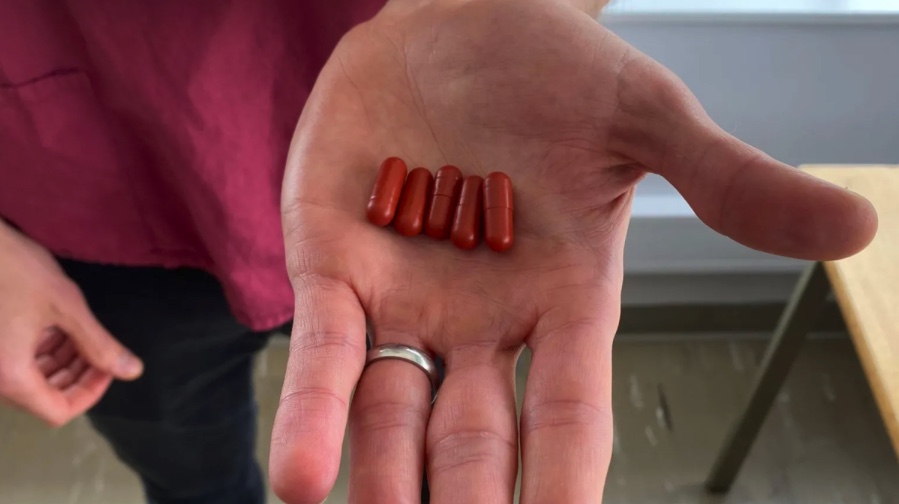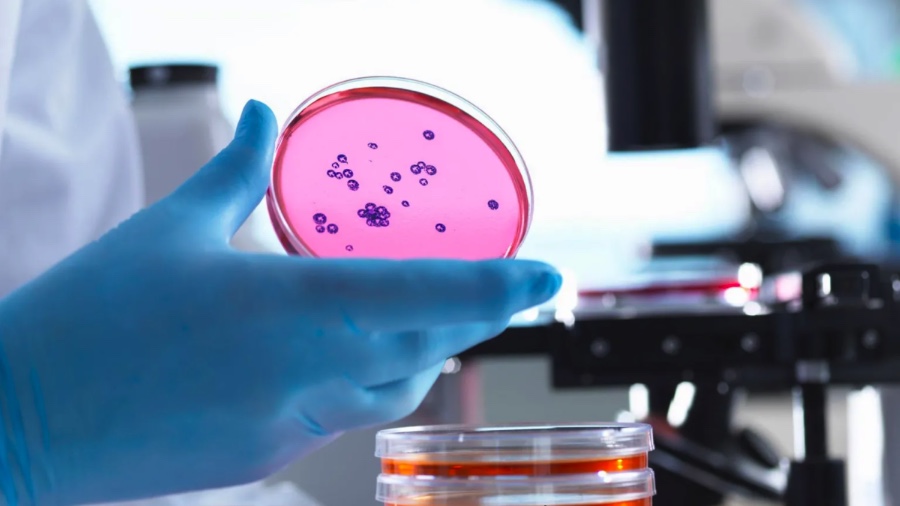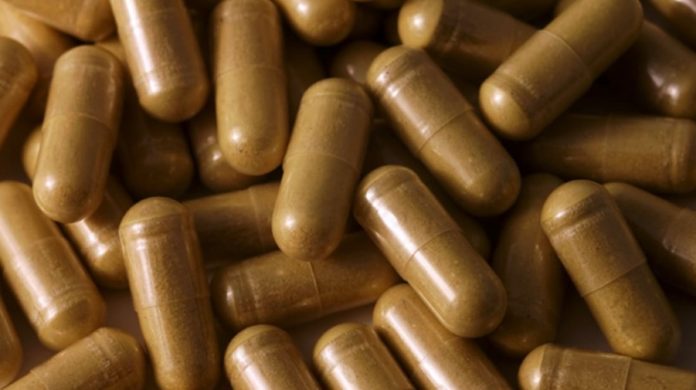แพทย์ในกรุงลอนดอนกำลังทดลองการรักษาเชื้อดื้อยาด้วยตัวยาที่ทำให้ขับถ่ายบ่อยขึ้นเรียกว่า “แคปซูลอุจจาระ” ที่ทำจากอุจจาระแห้งของผู้บริจาคสุขภาพดี โดยนำจุลินทรีย์ดีจากลำไส้ผู้บริจาคมาบรรจุในแคปซูล เพื่อเข้าไปยึดพื้นที่ในลำไส้ของผู้ป่วยและขับไล่เชื้อดื้อยาออกจากร่างกาย

การทดลองนี้เริ่มต้นที่โรงพยาบาล Guy’s และ St Thomas’ โดยมีผู้ป่วย 41 รายเข้าร่วม ผลเบื้องต้นพบว่าแคปซูลปลอดภัย และจุลินทรีย์จากผู้บริจาคยังคงอยู่ในลำไส้ของผู้ป่วยได้นานกว่า 1 เดือน หลังจากนั้น ระบบลำไส้จะเริ่ม “ปรับสมดุลใหม่” ด้วยจุลินทรีย์ดี ซึ่งในผู้ป่วยที่มีลำไส้เสียสมดุลมาก่อน อาการท้องเสียเรื้อรังจะดีขึ้น ซึ่งเป็นสัญญาณของสุขภาพที่ดี

แม้จะฟังดูไม่ค่อยดีนัก แต่วิธีนี้ต่อยอดจากการปลูกถ่ายอุจจาระที่เคยใช้รักษาโรคติดเชื้อในลำไส้อย่าง Clostridium difficile ดร.แบลร์ เมอร์ริก หัวหน้าทีมวิจัย ระบุว่า จุลินทรีย์ดีจากผู้บริจาคอาจกำลัง “ทำสงครามจุลชีพ” แย่งอาหารและพื้นที่ในลำไส้จากเชื้อดื้อยา จนสามารถลดจำนวนหรือกำจัดเชื้อร้ายได้ วิธีการนี้จึงเป็นความหวังใหม่ โดยสำนักงานควบคุมยาสหราชอาณาจักร (MHRA) เปิดเผยว่ามียาไมโครไบโอมกว่า 450 ชนิดอยู่ระหว่างการพัฒนา ซึ่งอาจเข้ามาแทนที่ยาปฏิชีวนะในอนาคต
Doctors in London are trialing a new treatment for antibiotic-resistant infections using what’s known as a “stool capsule” — made from freeze-dried feces of healthy donors. These capsules are filled with beneficial gut bacteria intended to colonize the patient’s intestines and push out harmful superbugs.
The trial, conducted at Guy’s and St Thomas’ hospitals, involved 41 patients. Preliminary results show the capsules are safe, with donor bacteria remaining in the gut for over a month. This process helps restore microbial balance, especially in patients whose digestive systems were previously disrupted — often improving chronic diarrhea, a sign of improved gut health.
Although it may sound off-putting, this method builds on fecal transplants already used to treat Clostridium difficile infections. Dr. Blair Merrick, the lead researcher, explained that donor microbes may be “waging a microbial war,” competing with resistant bacteria for space and nutrients — eventually reducing or eliminating them. This promising approach could offer an alternative to antibiotics in the future. The UK’s Medicines and Healthcare products Regulatory Agency (MHRA) reports that over 450 microbiome-based therapies are currently in development — some of which may soon be ready for clinical use.
#poopill #guthealth #antibioticresistance #updatenews #TheThailandder
ที่มา : www.bbc.com

















